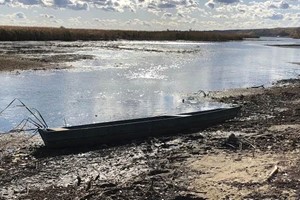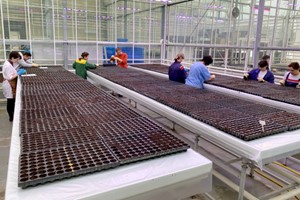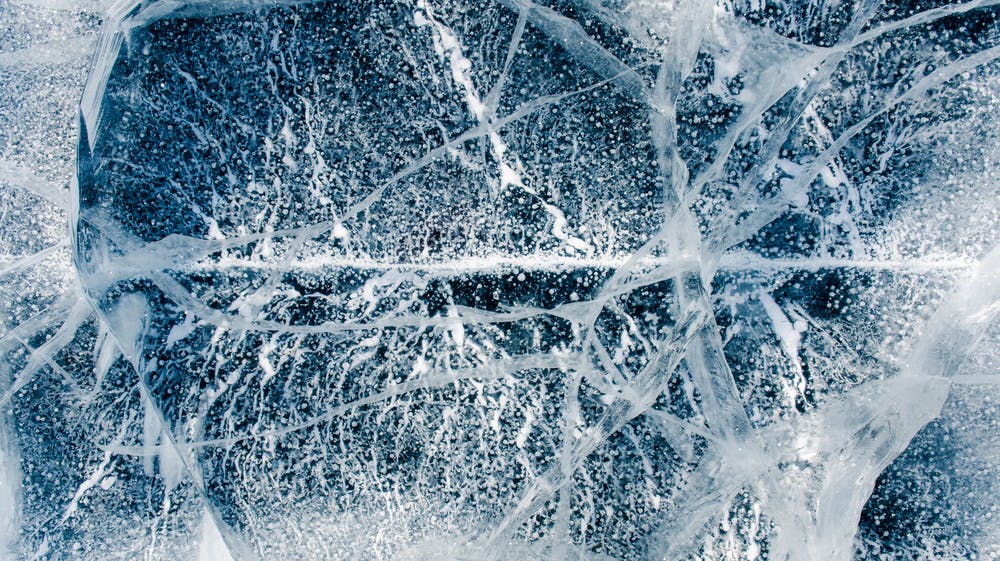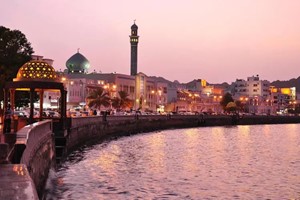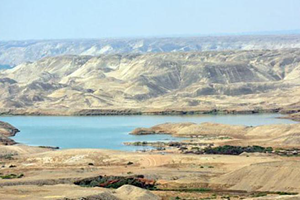The Volga River, a vital waterway in Russia and the longest river in Europe, is facing a significant crisis as water levels have reached a 37-year low in the southern Saratov region. According to reports on Tuesday, data from the regional hydrometeorological agency indicates that the water level around the city of Saratov has dropped to 13.69 meters as of October 20. This level is only slightly above the minimum requirement of 13 meters necessary for boat navigation.
The plummeting water levels have raised concerns among experts about potential threats to nearby ecosystems. Alexander Fayzulin, a senior research fellow at the Institute of Ecology of the Volga Basin at the Russian Academy of Sciences, warned about the cascading effects of reduced water flow. He explained that when water doesn't come in, bodies of water dry up, the level of groundwater drops, spawning grounds are lost, and entire ecosystems can perish.
This alarming situation is not isolated to the Saratov region. In September, unusually low water levels were also recorded in the republic of Tatarstan, where the water in the Kuybyshev Reservoir nearly reached a "critical" level, according to local media reports.
Experts have pointed to several possible reasons for the current low water conditions. Habitat destruction, insufficient rainfall during the summer, and challenges faced by the Volga River's 12 hydroelectric plants in regulating the river's flow are among the factors cited. The inability of these hydroelectric plants to cope with fluctuations in water volumes could be contributing to the current crisis.
The consequences of the diminishing water levels are visible in Saratov, where submerged objects, including the sunken Saratov icebreaker, have emerged above the water's surface. The Saratov icebreaker, built in England in the late 19th century, is reputedly the world's first river icebreaker. Its appearance serves as a poignant symbol of the unprecedented challenges facing the Volga River.
As the situation unfolds, authorities are likely to face increasing pressure to address the immediate environmental concerns and implement measures to ensure the long-term sustainability of the Volga River. The delicate balance of ecosystems, the economic activities dependent on the river, and the livelihoods of communities along its banks all hang in the balance as the Volga River grapples with one of the most severe water crises in recent history.
https://www.themoscowtimes.com/
Edited by Yehya Aoun




